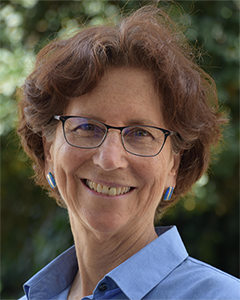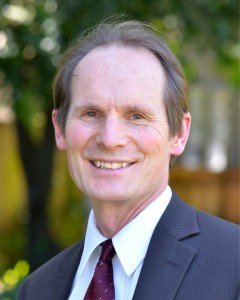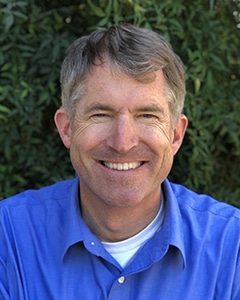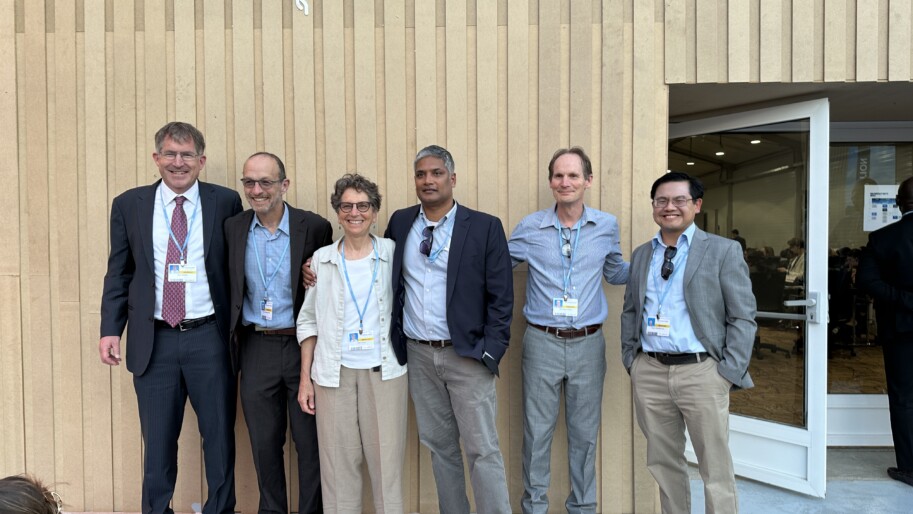For The Climate Center, the UN’s 27th meeting of the Conference of the Parties to the UN Framework Convention on Climate Change (COP27) was an opportunity to host California policymakers at events to showcase California’s recent climate accomplishments and learn from others around the world. The outcome of the official UN proceedings, however, was a disappointment. Minimal progress was made, primarily in recognizing justice as integral to addressing the climate crisis with the agreement to establish a “loss and damage” funding mechanism. We came home knowing that California’s leadership is more urgent than ever.
COP27 took place in the Egyptian resort town of Sharm El Sheikh. The symbolism of the divide between the haves (historic climate polluters) and the have-nots (those poorer nations bearing the deadly and costly brunt of climate extremes) couldn’t have been stronger. The extensive walled resort hotel complexes with their lush gardens, enormous swimming pools, and guarded entrances, were in dramatic contrast to the flat desert terrain where numerous new developments stood half-constructed and where fresh water was at a premium. With almost 35,000 people in attendance over two weeks, thousands of workers and “volunteers” were brought in from all over Egypt.
The Climate Center team traveled halfway around the world to help California state decision-makers share some of our progress on the global stage. We also learned from others, to inspire more accelerated, equitable policy at home.
We organized multiple press conferences for California state leaders. At the end of the first week, we hosted an official side event called The Power Grid for the Future: Experience from California and Around the World, with Siva Gunda, Vice-Chair of the California Energy Commission; Ron Benioff, National Renewable Energy Laboratory, and Mark Carrato from USAID moderated by our CEO Ellie Cohen. Gunda talked about the progress California has made addressing climate change and that to achieve the state’s goals we need to triple solar and wind deployment and increase energy storage by a factor of eight. He pointed out that California now has 1.3 million EVs on the road (more than any other state) and expects 8 million by 2030. He sees the batteries in these cars as a reliability asset, to keep the lights on and feed power back into the grid when we have a surge in demand as we did in early September during the heatwave.
Ron Benioff discussed a collaboration between electric grid operators all over the world, helping each other maintain reliable grid service with increasing amounts of energy from intermittent sources like solar and wind and how to best make use of these distributed energy resources. Mark Carrato, director of USAID’s Power Africa program, talked about how electricity infrastructure in Africa was inadequate in most places for reliable and widespread service. He pointed to the challenge and opportunity of the 600 million Africans who do not have electricity service but can leapfrog to distributed clean energy with the proper investments.

During week two we hosted a California Climate Coffee with State Senators John Laird, Dave Min, Henry Stern, and Bob Wieckowski, and Assembly Majority Leader Eloise Gomez Reyes, with Assemblymembers Mike Fong and Reggie Jones-Sawyer. They gave brief presentations about California’s climate accomplishments and challenges this year. There were great questions from people from around the world. Someone from Pakistan, where recent flooding impacted 30 million people leaving about 2.1 million still homeless, asked about California’s responsibility, as the fourth-largest economy in the world and a major consumer of fossil fuel, to the countries at the forefront of extreme climate impacts. Climate justice at the global scale.
Perhaps the biggest highlight this year in terms of the official negotiations at COP 27 was the agreement on loss and damages. The developing world has been working to secure this for years. It acknowledges that the developed countries, the biggest historic carbon polluters, must take some responsibility for the loss and damage created in developing countries by the climate impacts. The agreement begins the process of setting up a financing mechanism to address these impacts. This is real progress led by Pakistan’s Minister for Climate Change Sherry Rehman who coordinated a coalition called the Group of 77. Yet it also must be understood that the wealthy nations, including the US, have fallen well below the $100 billion a year previously promised to resource-strapped, vulnerable countries to address climate change. No real plan to solve that failure was adopted at this COP.
Although India finally released its plan to get to net zero by 2070, and the EU and Egypt announced collaboration on a green hydrogen development in Egypt, there was little progress on agreements that would keep the world below the vital threshold of 1.5°C of warming targeted by the Paris accord — or even under 2 degrees Celsius. A resolution to require emissions to peak by 2025 failed, as did inclusion of language to recognize the need to phase out oil and gas.
If we want to change the outcomes to align with what science requires and ensure that global policies protect the most vulnerable, we need to have the right people in the room. Of the 110 heads of government who gathered at COP27, only seven were women. That imbalance was also reflected in the international diplomats conducting the detailed negotiations. This is in spite of well-documented evidence that women disproportionately suffer the impacts of climate change. Women are 14 times more likely than men to die in a climate catastrophe, according to the United Nations Development Programme, and an estimated 80 percent of the people displaced by climate are female.
Meanwhile, there were 636 fossil fuel lobbyists registered for COP27, a 25 percent increase from COP26, and no doubt there were many more who were unregistered. Their presence makes an already hard job– 196 countries coming to consensus on a complex issue– much harder. Perhaps it was no coincidence that the final language of the agreement replaced references for investing in “renewable energy” to “low-emission and renewable energy,” to include fossil gas as a transition fuel, which is antithetical to what the International Energy Agency says is necessary to stay below 1.5 degrees Celsius.
So, the results of COP27 were definitely mixed. Reform of the process and bolder decision making is needed given the climate realities we are facing. COP28, planned for next year in the United Arab Emirates, will have its work cut out for it. This lackluster performance also means that it is increasingly important that California lead with accelerated, equitable climate policy to demonstrate to the world that we can address this crisis while supporting a prosperous and more equitable economy.
Read more about The Climate Center and the UN global climate meetings here.

Ellie Cohen
Chief Executive Officer
Barry Vesser
Chief Operating Officer
Vincent Wiraatmadja
Government Affairs Manager
